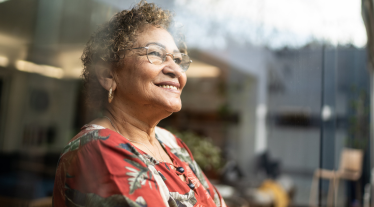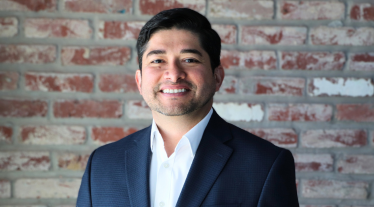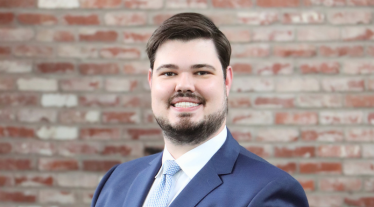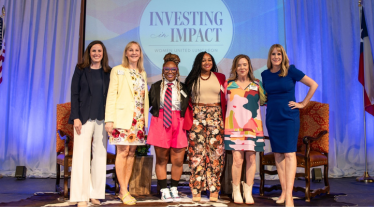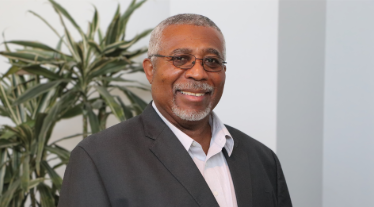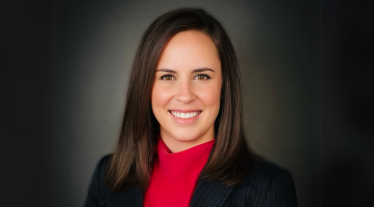News and events
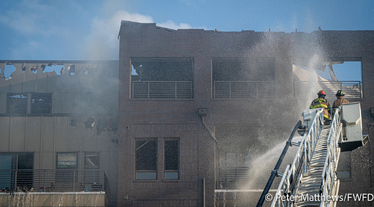
Organization news
Cooper Residents Encouraged to Register for Fire Relief Funds
06/27/25
United Way of Tarrant County, Fort Worth Councilwoman Elizabeth Beck and Near Southside Inc. have partnered to organize a relief fundraising drive and free service/discounted product database for the displaced residents of The Cooper apartment fire.
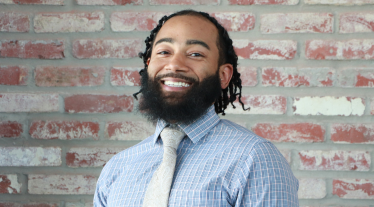
Organization news
Employee Spotlight: Shanin Marshall
06/25/25
“Motivate one person, complete one project, and solve at least one problem.” That's how Shanin Marshall, United Way of Tarrant County’s senior grant accountant, starts each day. In his role, Shanin is a combination accountant, encourager and…
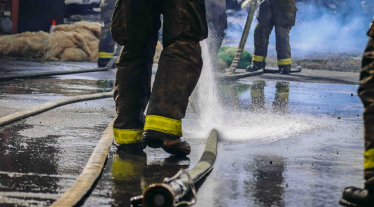
Press releases
Councilwoman Beck, United Way, Near Southside, Inc., Launch Fund for Residents Displaced by Apartment Fire
06/25/25
In the wake of the recent fire that severely damaged The Cooper Apartments in the Near Southside, the Fort Worth community is stepping up to support the more than 800 residents displaced.
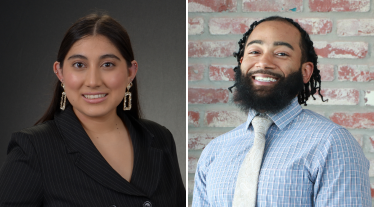
Successes
Shaping the Future: UWTC and TCU Neeley Scholarships Fuel Generational Change
06/17/25
Cintia Vera always believed education could change her life. As the first in her family to graduate from college and the oldest of several siblings, she made it a point to lead by example. So, when she learned she had received a full-tuition MBA…

Successes
Born to Lead: Doulas are Improving Outcomes for Moms and Babies
05/07/25
When Tyra stepped into the delivery room earlier this year, she brought more than courage. She also carried with her the training, confidence and support system made possible through UW Tarrant County’s maternal health initiative. This was her…
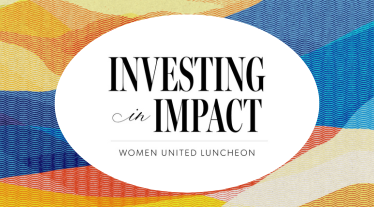
Press releases
Women United to Award $75,000 at 5th Annual Investing in Impact Luncheon
05/01/25
As part of our efforts to uplift women and girls, United Way of Tarrant County (UWTC) will hold its 5th Annual Women United Investing in Impact luncheon on Thursday, May 8, from 11:30 a.m. to 1 p.m. at River Ranch Stockyards, 500 NE 23rd Street…
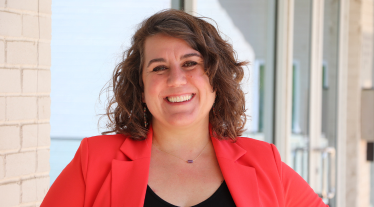
Organization news
Employee Spotlight: Shanna Snider
04/17/25
When it comes to turning passion into progress, Shanna Snider leads with heart and purpose. As UWTC's senior director of community investment, she’s a connector, strategist and hands-on changemaker—linking people, programs and partners to drive…
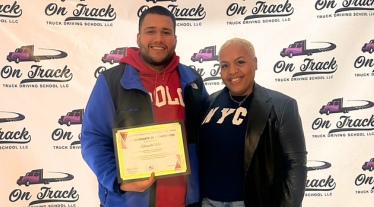
Successes
On the Road to Opportunity: Rolando’s Journey with SEEN
04/11/25
Sometimes, all it takes is the right opportunity—and the right people in your corner—to change everything.Rolando Nieto learned from a family friend about the SEEN (Supporting Employment Efforts Now) and its partnership with the On Track Truck…

Press releases
UWTC to Host VITAthon, Providing Free Tax Prep
03/24/25
With the April 15 tax deadline fast approaching, United Way of Tarrant County (UWTC) is helping families save money and get the most out of their tax refunds with VITAthon, a free tax preparation marathon. Hosted by UWTC’s Volunteer Income Tax…
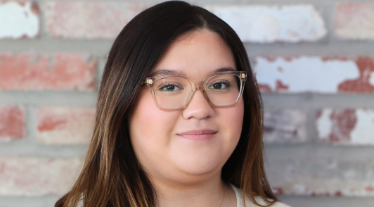
Organization news
Employee Spotlight: Lupita Macias
03/19/25
Lupita Macias is making a meaningful impact in Tarrant County. As a service navigator for the Area Agency on Aging of Tarrant County (AAATC), she connects older adults with essential support to help them live independently and with dignity.
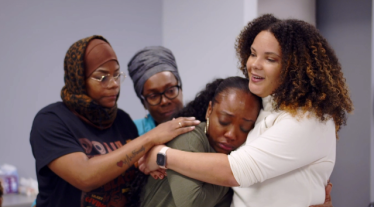
In the news
ABC News: Texas community comes together to find new solutions to end infant mortality
03/18/25
ABC News’ Mireya Villarreal reports on infant mortality rates in Ft. Worth, Texas, where local leaders are coming together with new solutions to create a template for communities across the country.
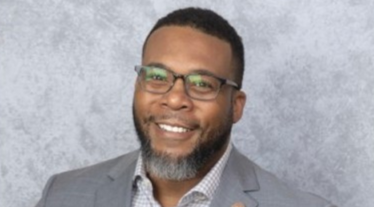
Press releases
UWTC Names Chief Impact Officer
03/11/25
United Way of Tarrant County (UWTC) today announced Shon Dorsey as its new executive vice president and chief impact officer, effective March 17. In this role, Dorsey will oversee the organization’s direct service programs, community outreach and…
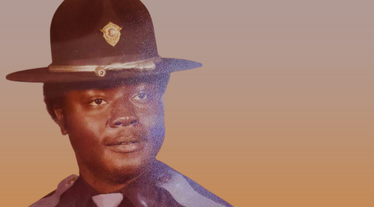
Organization news
Fueled by Passion: A Lifetime Commitment to Community and Change
03/05/25
Anyone who has ever met me knows there is one thing I do not lack: passion for change.In part, that might explain why I have so fervently committed my entire adult life to serving the needs of communities. While I have spent more than 20 years in…
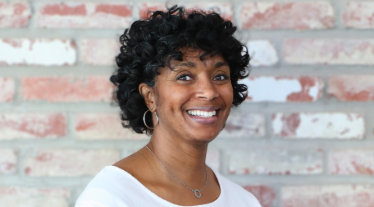
Organization news
Employee Spotlight: Tellamecus Forsythe
02/26/25
Tax season is upon us, and that means Tellamecus Forsythe is very busy! The Opelousas, Louisiana, native began her journey at UWTC in 2024 as a site coordinator and is now the program coordinator for UWTC’s Volunteer Income Tax Assistance (VITA)…
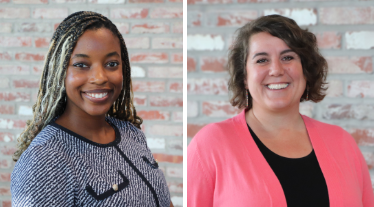
Press releases
UWTC Announces Leadership Promotions
02/25/25
As a part of its commitment to fostering leadership and advancement within the organization, United Way of Tarrant County (UWTC) announces the promotions of Dierrica Smith, CFRE, to director of corporate relations and Shanna Snider to senior…

Events
UWTC Introduces VITA PLUS Pop-Up Events
02/19/25
VITA PLUS Pop-Up Events are special one-day resource fairs held at multiple locations across Tarrant County, where individuals and families can receive free tax preparation assistance while also accessing valuable financial, educational and career…

Press releases
UWTC Opens Free Tax Prep Sites
02/04/25
As tax season kicks off, United Way of Tarrant County (UWTC) is helping hard-working individuals and families get the most out of their tax refunds. This year, for the first time, UWTC is offering scheduled appointments at 11 of our 12 Volunteer…
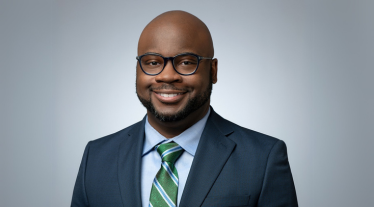
Organization news
Restless Nights, Relentless Commitment: Leading Change at United Way of Tarrant County
02/04/25
The night after the JPS Health Network TeamBirth launch last week, I didn’t sleep — literally. Not because of the event itself. That was great! And, it wasn’t because of the vast impact of the maternal health work we are leading. That was…
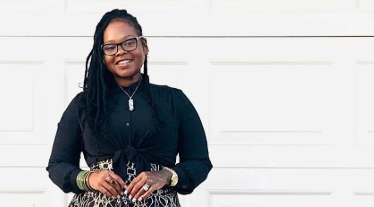
Successes
Legacy of a Lady: From Teenage Pregnancy to Community Doula and Mother of Change
02/04/25
LyTisa Greene was just 14 years old when her life changed forever. While her peers were trying to navigate the rigors of ninth grade algebra, LyTisa, also known as Lady, was trying to solve a different problem—she was going to be a mother. Instead…

Organization news
UWTC & TCU Team Up to Offer Two MBA Scholarships
02/04/25
United Way of Tarrant County and the TCU Neeley School of Business are proud to launch a new scholarship initiative designed to foster the next wave of leadership talent. This collaborative effort provides two substantial scholarship…
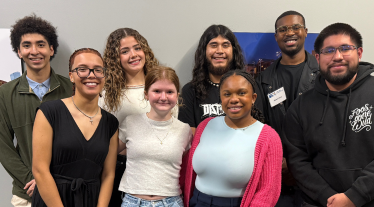
Organization news
Meet the OSC Youth Steering Committee
02/03/25
Youth perspectives are essential to creating safer communities. That’s why the Youth Steering Committee (YSC), part of the One Second Collaborative (OSC), empowers young leaders ages 14–24 to take action against youth gun violence in Tarrant…

Events
"Law School" at Lunch: Spring Learning Series
01/31/25
Join our upcoming webinar series for social and human service workers to explore legal topics that impact the lives and well-being of older adults. Each one-hour session in this series will provide the insights and tools you need to make a…
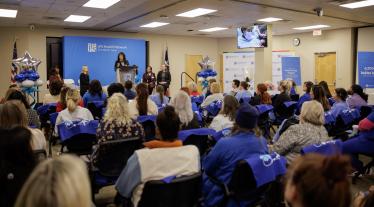
Press releases
Fort Worth Star-Telegram: JPS launches new tool to help mothers, infants in Tarrant County. More hospitals to follow
01/29/25
Inside JPS Health Network’s auditorium over 50 nurses, physicians and JPS board members came to support its TeamBirth kickoff event Monday afternoon, Jan. 27. TeamBirth is a communication system to provide better transparency among women, their…

In the news
Fort Worth Report: Tarrant hospitals' teamwork program prepared to deliver improved maternal health outcomes
01/28/25
Tarrant County’s health systems are taking steps to improve maternal health outcomes with the official start of a first-in-Texas program. Seven hospitals within Baylor Scott & White Health, JPS Health Network and Texas Health Resources will…
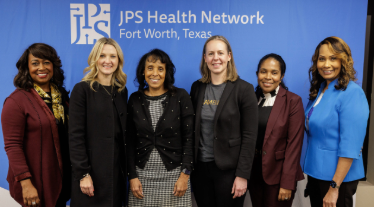
In the news
The Business Press: JPS Health Network Launches TeamBirth Program to Enhance Maternity Care and Patient Experience
01/28/25
JPS Health Network proudly announces the launch of the TeamBirth maternity care program, becoming one of the first hospitals in Texas to implement this nationally recognized initiative. TeamBirth is designed to transform communication and…
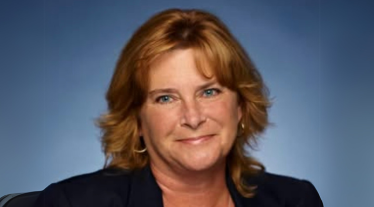
Press releases
UWTC Welcomes New Marketing Director
01/16/25
United Way of Tarrant County (UWTC) today announced Dana Fairbanks as its new director of marketing. In this role, Fairbanks will lead efforts to advance UWTC’s mission through strategic marketing and communications, fostering deeper community…

Organization news
Employee Spotlight: Dierrica Smith
01/08/25
Meet Dierrica Smith, CFRE, Corporate Relations Manager at UWTC! Dierrica builds partnerships with local businesses, helping them achieve their corporate social responsibility goals while sharing how UWTC transforms lives across Tarrant County. Her…

Organization news
UWTC Opens 2025 Women’s Fund Request for Proposals
01/03/25
Local nonprofit organizations dedicated to improving the lives of women and girls in Tarrant County are invited to apply for funding through United Way of Tarrant County’s 2025 Women’s Fund Request for Proposals (RFP) process.
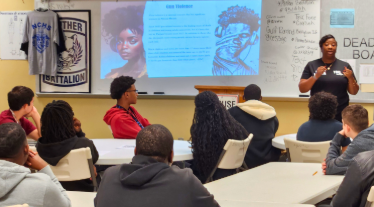
Press releases
One Second Collaborative Awards $90,000 to Combat Youth Gun Violence in Tarrant County
12/12/24
In its ongoing mission to reduce gun violence in Tarrant County, United Way of Tarrant County’s One Second Collaborative (OSC) distributed $90,000 in microgrants to 12 local organizations focused on creating safer communities in Fort Worth,…
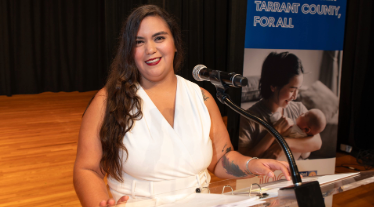
In the news
Fort Worth Star-Telegram: New doula program uses advocacy to target racial gap in maternal mortality in Fort Worth
12/12/24
Sofia Pimienta had a rough childbirth with her first son in 2020. The medical staff, she said, broke her water too early, administered an epidural early, and insisted on a C-section, which she didn’t want but accepted. When she was pregnant with her…
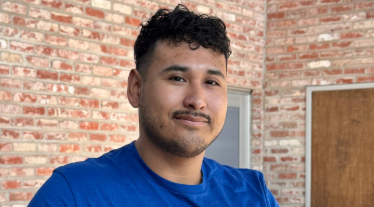
Successes
Making a Difference Through VITA: How Volunteering Shaped Javier’s Journey
12/11/24
Javier Huerta remembers the confusion he felt when he first entered the workforce and encountered the complex world of taxes. Growing up in a low-income household, he hadn’t been taught how to file taxes or that credits existed to help families like…

Press releases
UWTC Names Adam Powell as New CEO
12/09/24
United Way of Tarrant County’s board of directors is pleased to announce the selection of Adam Powell as UWTC’s new president and CEO effective January 13, 2025. Powell, a nonprofit executive with more than 20 years of experience, is known for his…
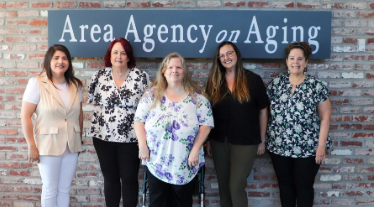
Organization news
ADRC Now Housed in UWTC’s Main Office
11/13/24
As part of its continuing commitment to serve older adults in Tarrant County, UWTC’s Area Agency on Aging and the Aging and Disability Resource Center of Tarrant County (ADRC) are now both located in UWTC’s main office at 201 N. Rupert St., Suite…
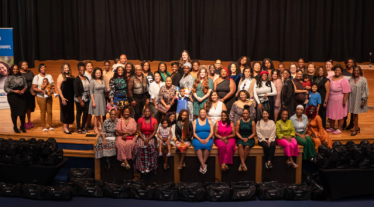
Press releases
UWTC Celebrates Graduation of 120 Community Doulas, Advancing Maternal Health in the Region
11/05/24
Marking a major achievement in our efforts to improve health outcomes for women and families across the region, United Way of Tarrant County (UWTC) proudly celebrated the graduation of 120 community doulas from our mental health program on October…

In the news
CBS Texas: Trained community doulas to improve maternal, infant health in Fort Worth
11/04/24
A group of 120 trained doulas will soon be sent into the community to help save the lives of moms and babies in the area of Fort Worth with the worst health disparities.A group of 120 trained doulas will soon be sent into the community to help save…

In the news
Fort Worth Star-Telegram: Fort Worth celebrates 120 newly-trained doulas who are working to make childbirth safer
10/30/24
Tiffany and Jeremy Hall have had three children together. But the Halls, as newly trained doulas, hope to help many more children come into the world safely. Doulas support new parents during pregnancy, childbirth, and the postpartum period.



